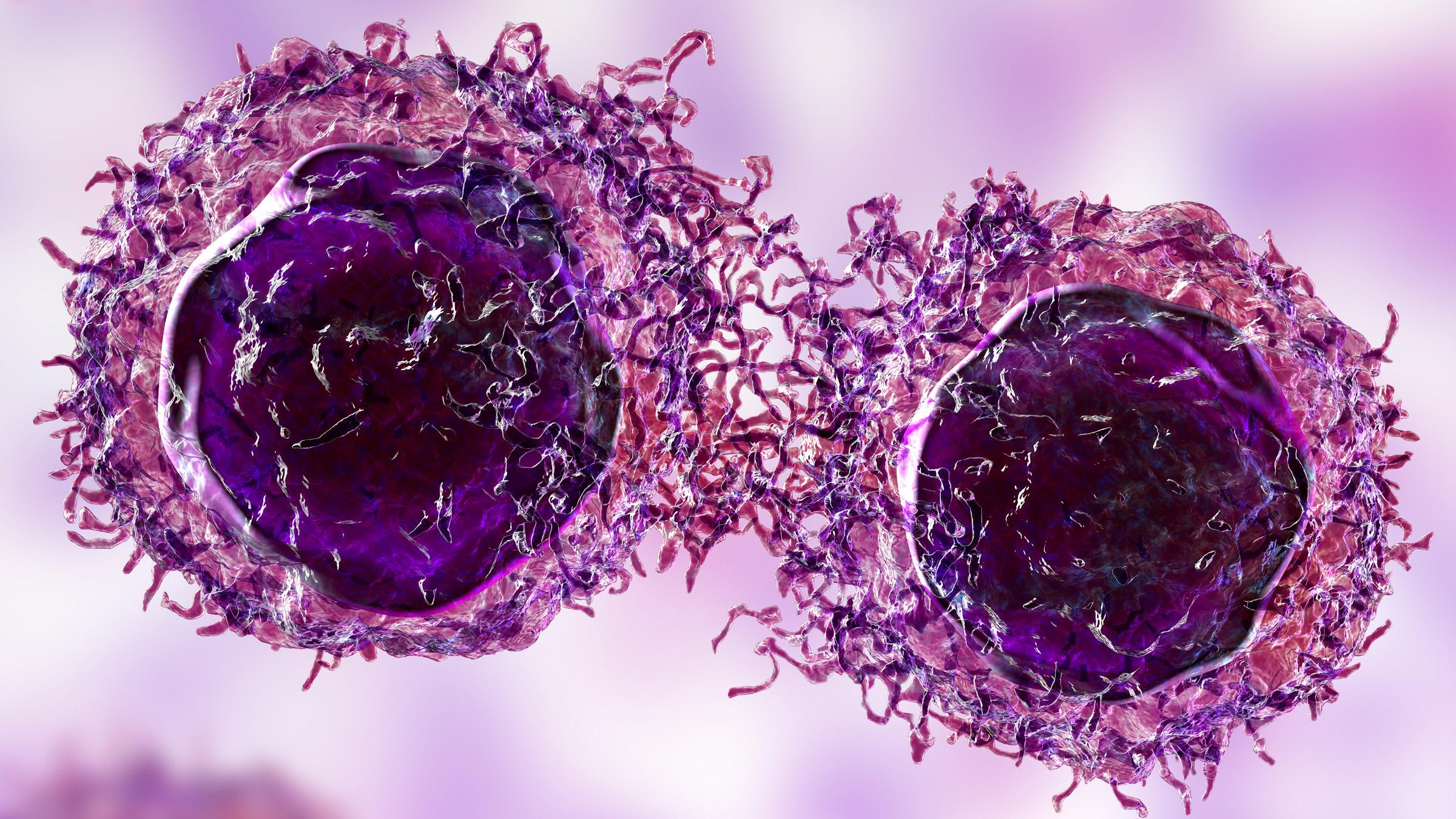The work of our team focuses on the role of transcription factors controlling the epithelial-mesenchymal transition (EMT) in tumor initiation and cancer cell plasticity. EMT is a fundamental embryonic process enabling the reprogramming of polarized epithelial cells toward a mesenchymal phenotype (Thiery et al., Cell 2009; Puisieux et al., Nat. Cell Biol. 2014). Our research fits perfectly with DEVweCAN (Morel et al., PLoS One 2008; Mani et al., Cell 2008). Joint expression of an EMT-TF and a mitogenic oncoprotein thereby promotes neoplastic transformation of mammary epithelial cells in vitro and the development of mammary carcinomas in vivo (Morel et al., PLoS Genet. 2012). More recently, we demonstrated that the state of differentiation of a cell influences its susceptibility to support oncogenic transformation and the natural history of tumorigenesis (Morel et al., Nat. Med. 2017; Puisieux et al., Cancer Cell 2018). In accordance with this concept, our recent work provide a comprehensive characterization of claudin-low breast tumors and highlights the impact of the cell-of origin on the evolution of the cancer genome (Pommier et al., Nat. Comm. 2020). Importantly, we have demonstrated that activation of the RAS-MAPK pathway, generally considered as uncommon in breast cancer, is a frequently occurring mechanism in claudin-low tumors suggesting a link between RAS-MAPK and EMT in these malignancies. Our previous work demonstrated that mammary stem cells, in contrast to normal differentiated mammary cells, expressed endogenous EMT-TFs which allows for an oncogenic insult such as HRASV12 to drive tumor initiation. Our current results show that transformation of mammary differentiated cells, following activation of the RAS pathway is dependent on EMT-TFs-induced cellular plasticity. We demonstrated that re-expression of EMT-TFs, such as ZEB1, and the subsequent gain of plasticity promoting malignant transformation results from the paracrine action of soluble factors produced by senescent cells. While the role of cytokines and senescence have been previously implicated in tumorigenesis and metastatic growth (De Blander et al. Cancers. 2021), we have demonstrated for the first time their implication in the early steps of tumor initiation (De Blander et al., in preparation). Furthermore, we highlighted the role of ZEB1 in the control of genome instability during tumor development, by demonstrating the negative regulation of ZEB1 on POLθ-mediated End-joining pathway (Prodhomme et al., Cancer Res. 2020). Of utmost importance, EMT has been shown in vitro and in vivo to confer tumor aggressiveness and resistance to both conventional and targeted therapies (Creighton et al., Proc. Natl. Acad. Sci. U. S. A. 2009; Zheng et al., Nature 2015; Fischer et al., Nature 2015). In the non-epithelial model of melanoma, our results highlight that, concurrently with genetic mechanisms, the phenotypic plasticity contributes to the emergence of resistance to BRAFV600 inhibitors (Richard et al., EMBO Mol. Med. 2016). In this context, ZEB1 acts as a key regulator of these reversible phenotypic transitions frequently overexpressed in response to these drugs. Targeting EMT-driven tumor cell plasticity may therefore represent an innovative approach for cancer therapy. To this aim, we are developing in collaboration with C3D platform, a large-scale screening to identify compounds able to induce death of cells committing into EMT.

